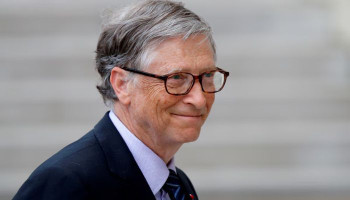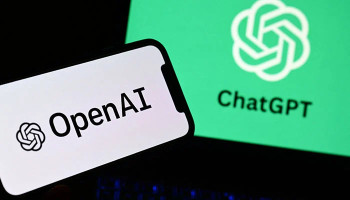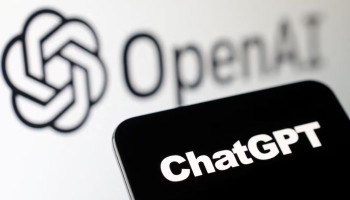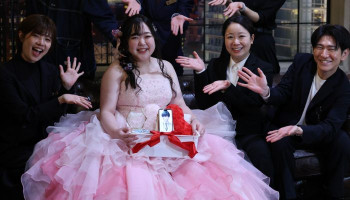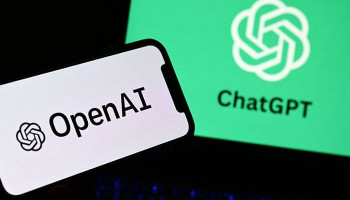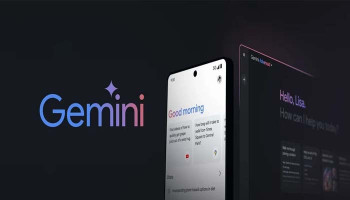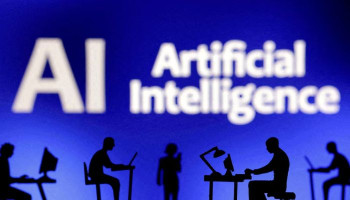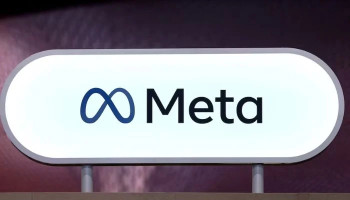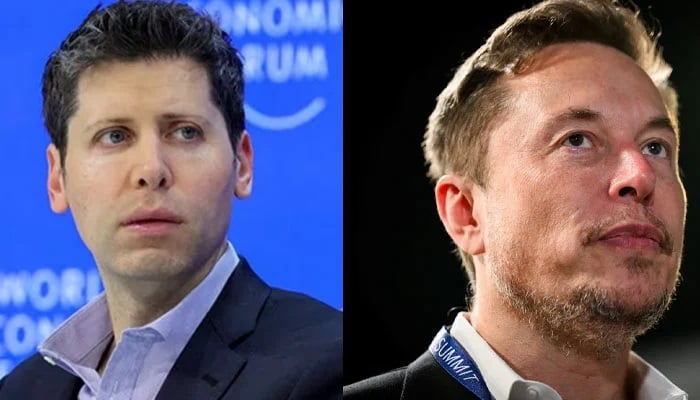
OpenAI, the creator of ChatGPT, rebuffed Elon Musk's allegations on Tuesday, asserting that the company has not veered from its original purpose of advancing artificial intelligence for the betterment of humanity rather than for financial gain.
In a blog post, OpenAI stated its intention to counter all of Musk's claims, following his recent lawsuit against the startup he helped establish. Musk's lawsuit alleges breach of contract, contending that OpenAI, now backed by Microsoft, has shifted its focus to profit-making endeavours.
OpenAI revealed that Musk had proposed merging the company with Tesla, the electric vehicle manufacturer he heads, and had forwarded an email suggesting that OpenAI should become a financial resource for Tesla.
Read more: Elon Musk sues OpenAI, Sam Altman for breaching contract
The dispute stemmed from a decision made in 2017 when Musk and OpenAI agreed to transition towards establishing a for-profit entity to raise funds for developing artificial general intelligence (AGI). However, negotiations faltered as Musk sought majority equity, initial control of the board, and the CEO position at OpenAI, demands which contradicted the startup's belief that no individual should wield absolute control over its mission.
Musk's lawsuit highlights the original pact among OpenAI's three founders to pursue AGI development for the benefit of humanity. Additionally, Musk urged OpenAI to announce a $1 billion funding commitment in 2015, significantly more than the initially proposed $100 million.
Expressing regret over the situation, OpenAI lamented the conflict with someone they once deeply admired, citing Musk's role in inspiring them to aspire to greater heights, although followed by scepticism, competition, and now litigation when progress towards OpenAI's mission was made without his involvement.
Musk's lawsuit marks the culmination of his longstanding disagreement with the startup, which has become a prominent figure in generative AI, partly due to substantial backing from Microsoft. In response, Musk established his own AI venture, xAI, which was launched in July of last year.






